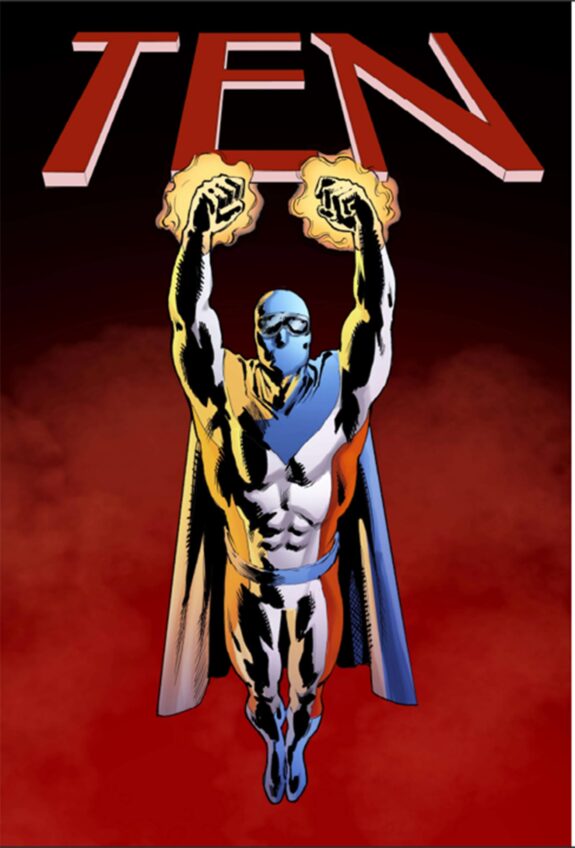Pulitzer-winning ‘Disgraced’ has had strong run
Drama on stage through Feb. 7 at BU Theatre

Ayad Akhtar’s play “Disgraced” has had a strong run since its 2012 debut at American Theater Company in Chicago. A drama about a Wall Street lawyer who has rejected his Muslim heritage but then finds he cannot break free of his past, “Disgraced” won the 2013 Pulitzer Prize for drama and in 2014 premiered on Broadway. Among the 10 major theater companies staging the play this season are the Huntington Theatre Company and Long Wharf Theatre in New Haven. Their joint production is on stage through February 7 at the BU Theatre.
Its director is Gordon Edelstein, artistic director at Long Wharf Theatre, whose productions often explore outsiders. This summer, his staging of Eugene O’Neill’s “A Moon for the Misbegotten” at the Williamstown Theatre Festival cast black actors, including Audra McDonald, in the roles of the play’s have-nots — an Irish sharecropper family.
As a play, “Disgraced” is fast-moving, smart and topical, but it disappoints as drama. Its characters are not fully fleshed out and at times their cerebral exchanges sound like passages from an op-ed page rather than interactions among live, nuanced human beings.
One of the best moments in the 90-minute, intermission-free production at the Huntington is its opening scene. Amir, the protagonist, stands before his wife, Emily, in their swank apartment. He wears an elegant suit jacket, attire that comes with his high-powered job; but instead of pants, he is in boxer shorts. Posing for Emily, a painter who is doing a portrait of him, he is exposed and vulnerable — a hint of more brutal exposures to come.
Lee Savage’s set and costumes by Ilona Somogyi bring telling touches to the staging. Outfitted in a bland modernist style, the couple’s apartment has no more warmth than a furniture showroom. Its décor includes a large mandala and a statuette of a dancing Shiva, a gift from Amir’s colleagues, who believe his heritage is Hindu rather than Muslim.
Whose identity?
As cell phones ring and door buzzers drill, the outside world presses in on the couple and their carefully curated lives.
Amir answers his phone and viciously chews out a paralegal who owes him paperwork. He then returns to tender banter with his wife, who waxes romantic about the Islamic elements she is incorporating into her paintings.
Another disruption comes with the unexpected arrival of Amir’s nephew. He has dropped his given name, Hussein Malik, and calling himself Abe Jensen, he sports the casual chic of a young urbanite. But unlike his uncle, he attends a mosque, and he asks Amir to intercede on behalf of the mosque’s imam, who is facing a court hearing about his suspected terrorist ties. Amir declines, telling his nephew that he regards Islam as “a backward way of thinking and being.”
Emily joins the boy in pleading Amir to intercede for the imam and, against his better judgment, Amir agrees to do so. Later, Amir’s meeting with the imam is reported by a newspaper, bringing unwelcome publicity to his firm and compromising his career.
The turning point in Amir’s fate is the dinner party that he and Emily host a few weeks later. Their guests are Isaac, an art dealer and nonobservant Jew, and Jory, his African-American wife, who is a lawyer at Amir’s firm. Among the play’s amusing details is Emily’s dinner menu, which features pork, forbidden by devout Muslims and Jews alike.
Power shift
As the play unfolds and Amir’s life unravels, he is a man things happen to, rather than someone striving to shape his destiny. Rajesh Bose, the actor who plays Amir, has little to do but deepen his stoic grimace. In her role as his perky blond wife, Nicole Lowrance resorts to soap opera gestures to render her character’s frustration or dismay. Benim Foster is Isaac and Shirine Babb is Jory, Amir’s self-assured rival for partnership.
Amir’s perplexed and searching nephew is the only sympathetic character and Mohit Gautam brings warm vulnerability to this role. The others are unlikeable and remote, more types than human beings. They exist to illustrate a dilemma: What is the cost of assimilation in a society that regards you as an outsider?
Stock characters hold an ancient and honorable place in the world of theater, particularly in satirical comedies. But despite its witticisms, “Disgraced” is not a comedy. It is a domestic drama, a form designed to reveal its characters’ private lives.
Clever, fast moving, and steeped in wit, “Disgraced” is entertaining enough. But it seldom rises to the level of drama.






